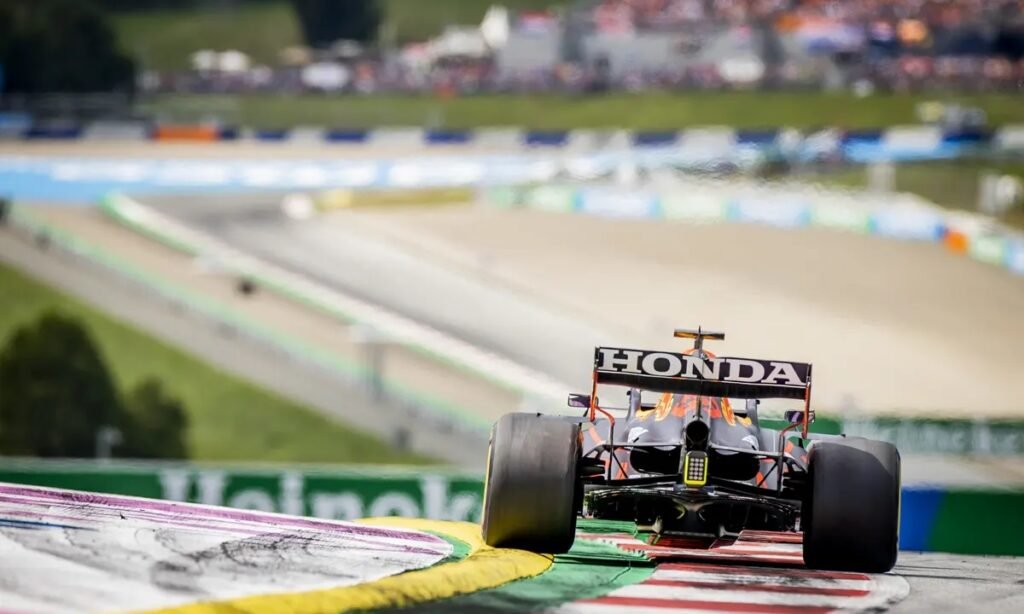Motorsports have long been a source of excitement for fans worldwide. Their thunderous engines and high-speed thrills draw crowds from around the globe. Yet, the sport faces growing scrutiny over its ecological footprint. Environmental consciousness defines the era. This article examines the environmental impact of motorsports. It also discusses proactive steps that are being taken to steer the industry towards sustainability. It’s similar to shifting gears in a high-stakes book of dead game.
The Environmental Footprint of Motorsports
Motorsports have a multifaceted ecological impact. It includes not the emissions from the race cars themselves. It also includes emissions from associated activities forming part of each event. These include transporting teams and equipment. Also, the energy consumption of support facilities. And the waste generated by fans attending races.
Carbon Emissions
The most plain environmental impact of motorsports is carbon emissions. Traditional racing vehicles burn fossil fuels at high rates. This releases significant amounts of carbon dioxide (CO2) and other greenhouse gases. For instance, experts estimate that a single Formula 1 car emits over 4 tons of CO2 per season. This estimate doesn’t account for the emissions from team operations and logistics.
Resource Use and Pollution
Aside from emissions, motorsports contribute to environmental stress through resource usage and pollution. The construction and maintenance of race tracks add to the sport’s ecological burden. The production and disposal of racing components also contribute. In addition, inevitable oil and fuel spills on and off the track add to the burden.
Initiatives for Sustainability
Motorsport governing bodies, teams, and sponsors have begun implementing various initiatives. These initiatives aim to acknowledge environmental concerns. They also aim to reduce the sport’s carbon footprint and promote sustainability.
Transition to Sustainable Fuels
One significant step is the shift towards sustainable fuels. Biofuels, synthesized from biological materials rather than crude oil, are being explored. These fuels have the potential to reduce net carbon emissions significantly. For instance, Formula 1 has announced plans to use 100% sustainable fuel blends by 2025.
Electrification of Motorsports
Consumer markets have seen a rise in electric vehicle (EV) technology. This trend is also evident in motorsports. A series like Formula E is an all-electric racing championship. It cuts down on direct emissions. Also, it serves as a high-profile platform for developing and showcasing EV technology.
Carbon Offset Programs
Many motorsport events and teams are investing in carbon offset programs. They do this to balance out their emissions. This involves funding renewable energy projects and reforestation efforts. It also includes other initiatives that absorb or avoid an equal amount of CO2.
Eco-Friendly Event Management
Reducing the environmental impact of motorsport events is another focus area. This includes waste reduction initiatives. It also includes recycling programs. Additionally, it involves using renewable energy sources to power event facilities.
Sustainable Infrastructure
Racetrack design is evolving. New circuits include sustainable features. These include green roofs, natural water management systems, and habitats for wildlife. Existing tracks are being retrofitted with solar panels and energy-efficient technologies.
The Road Ahead
These efforts mark significant progress. The journey towards a fully sustainable motorsport industry is complex and ongoing. Future directions include developing advanced biofuels that don’t compete with food sources. There could also be further advancements in EV technology. A broader adoption of sustainable practices throughout the racing community may also happen.
In conclusion, motorsports’ push for sustainability reflects a global shift toward environmental responsibility. The sport embraces innovative technologies and practices. It helps protect the planet and secures its own future. In today’s world, environmental consciousness is not an option, but a necessity. The motorsport industry must maneuver through the obstacles of environmental sustainability. This will ensure a winning future for both the sport and the planet.

